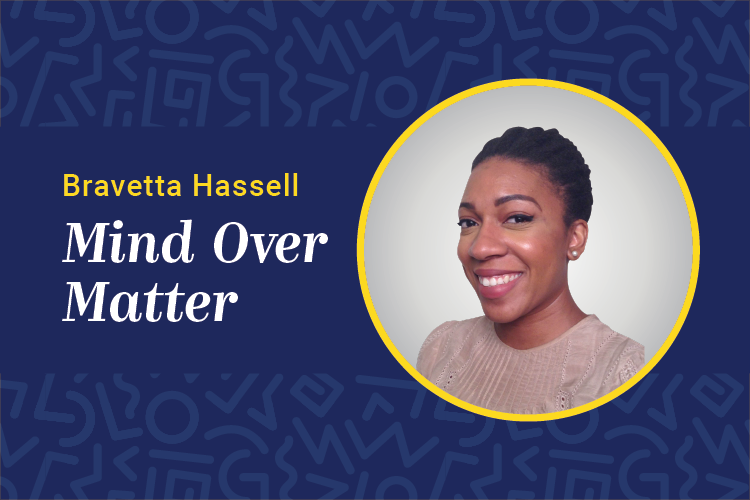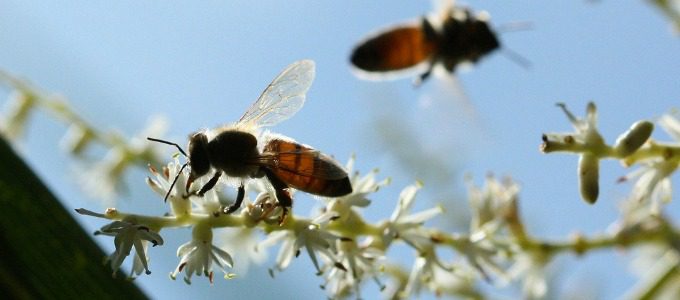Nature is a-calling, and it suggests organizations can make pretty keen business decisions without depending on a CEO – if they study honeybees.
Guided by a “Collective Intelligence,” as Louis Rosenberg, CEO of swarm intelligence company Unanimous A.I., explain in recent article, honeybees, lacking the mental steam to make big decisions independently, pool the knowledge and experience of the colony’s most senior bees to land on an optimal solution.
In his article Rosenberg references the ongoing research by Cornell University’s Thomas Seeley, that shows this approach to decision making has as much as an 80 percent success rate for the honeybees. Rosenberg said there’s little reason human beings – specifically networked teams of people – can’t employ the same strategy in business and think smarter together.
At a minimum, organizations can pool staff intelligence by casting votes and take the average. But to reduce the chances of an errant vote or bias toward a specific perspective swaying the poll, Rosenberg recommended considering “human swarming.”
Whereas bees form “swarms” or systems that use feedback looks to combine their input in real time, human teams can be connected by network software that allows them to form closed-loop systems and figure out problems together.
This decision-making approach doesn’t mean the traditional hierarchical leadership structure doesn’t work, but perhaps that other important leadership skills such as offering vision and encouragement, would be more in focus, Rosenberg said.
For the organization as a whole? With a decision-making strategy in which everyone in the organization gathers to solve a problem instead of leadership exclusively driving the process, everyone would have an equal voice. Gender inequality issues likely would be resolved, Rosenberg said. “Other forms of discrimination – intentional or not – could be avoided as well.”
















